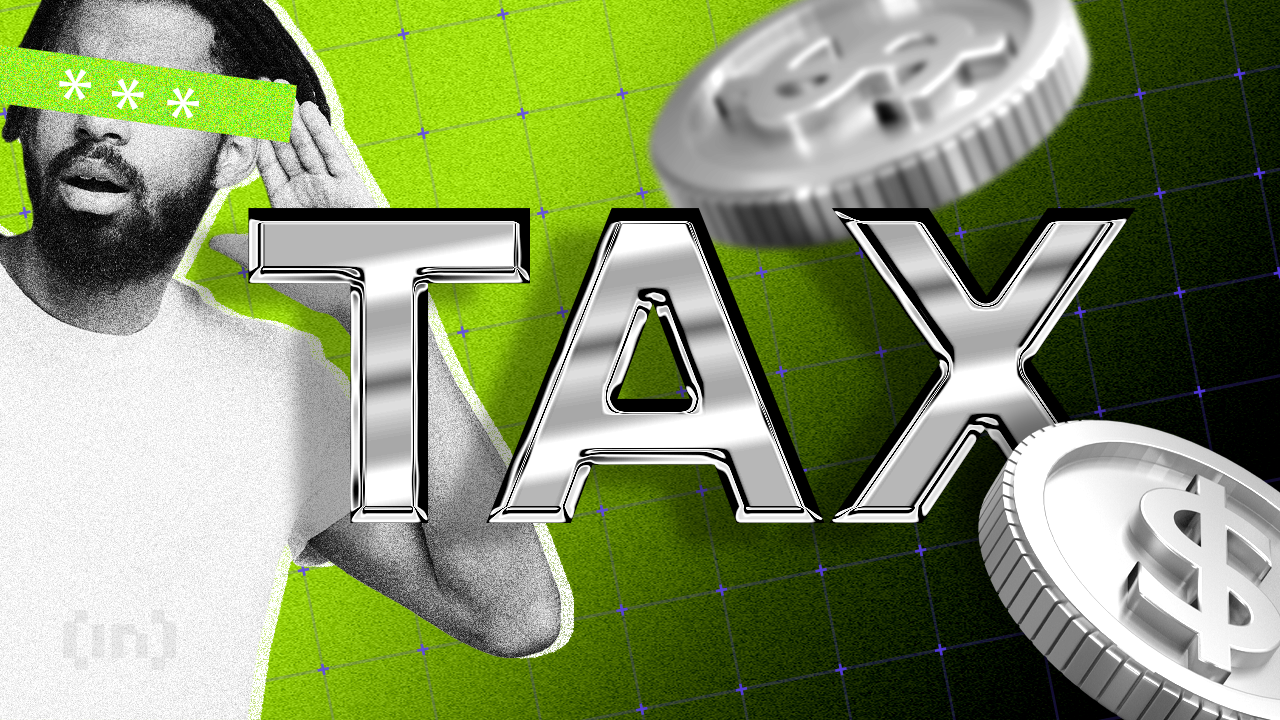IRS Intensifies Efforts to Combat Crypto Tax Evasion with Strategic Partnerships and New Talent

IRS Takes Help of Chainalysis and Other Crypto Experts
As the April 15 tax filing deadline approaches, the IRS is implementing a robust framework to combat crypto-related tax fraud and evasion.
At the Chainalysis Links event in New York, IRS Criminal Investigation Chief Guy Ficco emphasized the increase in crypto tax crimes. He believes there will be many more cases of citizens willingly evading crypto taxes this year.
Historically, cryptocurrencies have been linked to financial crimes like fraud, scams, and money laundering. Recently, however, Ficco noted a significant rise in “pure crypto tax crimes.” These crimes typically involve failing to report income from crypto transactions or concealing the true basis of these assets.
The complexity of tracking and analyzing these digital transactions makes the IRS’s task both daunting and essential.
IRS Partnerships and Strategic Hires
The IRS has partnered with blockchain analysis firms such as Chainalysis to enhance its capabilities. Additionally, it has formed alliances with various law enforcement agencies. These partnerships aim to improve the agency’s ability to monitor and prosecute crypto-related tax evasion effectively.
The IRS has recently hired crypto experts such as Sulolit Raj Mukherjee, formerly of ConsenSys and Binance.US, and Seth Wilks from TaxBit. Their primary role is to advance the IRS’s efforts to enhance compliance and enforcement in the crypto sector.
These strategic hires signal a proactive approach to regulating this complex field. These appointments form part of a broader initiative by the IRS to adapt to the evolving digital assets ecosystem and ensure proper tax reporting and compliance.
This article was prepared using information from open sources in accordance with the principles of Ethical Policy. The editorial team is not responsible for absolute accuracy, as it relies on data from the sources referenced.